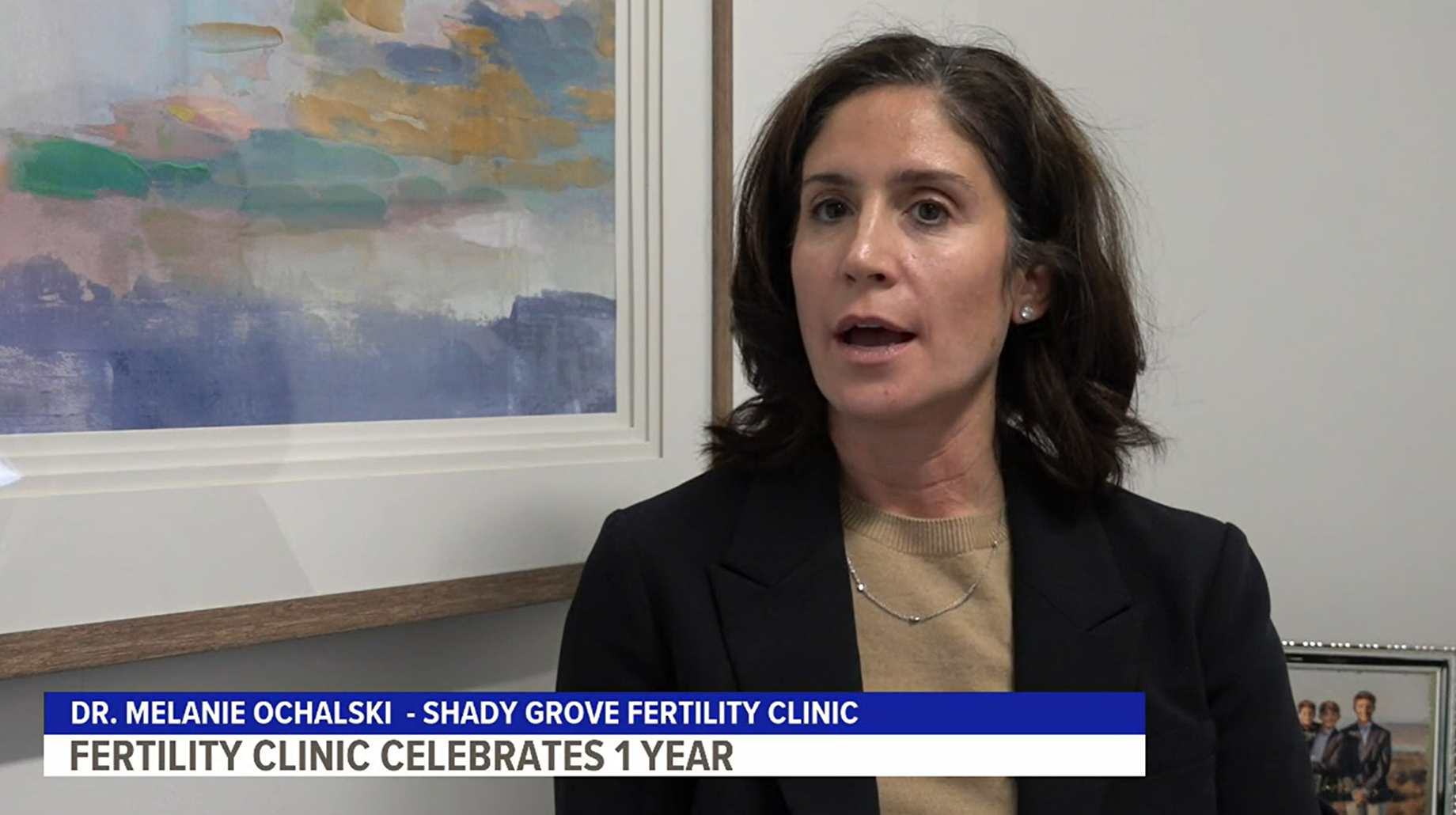A new study led by physician-scientists at Shady Grove Fertility suggests that the age of the father does not statistically impact in vitro fertilization (IVF) pregnancy rates or live birth rates the same way the mother’s age does. While the age of the male partner may be associated with certain conditions in offspring, this study provides reassurance that paternal age is unlikely to limit ability to conceive via IVF or donor egg treatment.
The Impact of Advanced Age on Fertility
Advanced reproductive age, typically considered 35 or older, does have impact on fertility and natural conception, particularly for women. A woman’s looming biological clock is often associated with lowered egg quality and quantity. Advancing age for both women and men has been linked to increased genetic abnormalities, which in turn is associated with an increased risk of miscarriage. However, this association is much more marked for women.
Male infertility, depending on severity, can often be treated with intrauterine insemination (IUI), in which a more concentrated sperm sample is placed into a woman’s uterus, or with IVF and intracytoplasmic sperm injection (ICSI), where a single sperm is injected into each egg.
Age-related female infertility, however, is often harder to overcome. While patients will often start with more basic treatments, like IUI, women of advanced age generally experience higher pregnancy rates with IVF or donor egg treatment.
Examining Impact of Advancing Paternal Age on IVF Pregnancy Rates
This collaborative study—in which researchers from multiple institutions analyzed data derived from a population of Shady Grove Fertility patients—was designed to assess the effect of advancing paternal age on pregnancy and live birth rates. In order to isolate the influence of paternal age on treatment outcomes, the study included only donor egg treatment cycles. In donor egg treatment, the eggs used are all from young women with favorable ovarian reserve.
The study evaluated 5,873 donor egg treatment cycles from 4,309 patients undergoing treatment at Shady Grove Fertility from 2004 to 2014. Though the study found that increasing male age was associated with decreased semen volume and sperm motility, these did not translate to worse treatment outcomes with donor egg IVF.
What This Means for Patients
The results from this analysis showed no observed link between advancing paternal age and IVF pregnancy rates or live births. For couples for whom advancing age is a factor, our physicians encourage a conversation about the risk that advancing age for both women and men poses as it relates to increased genetic abnormalities in offspring.
To learn more about IVF pregnancy rates or to schedule an appointment, please call our New Patient Center at 1-877-971-7755.






